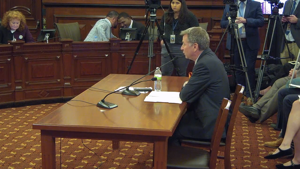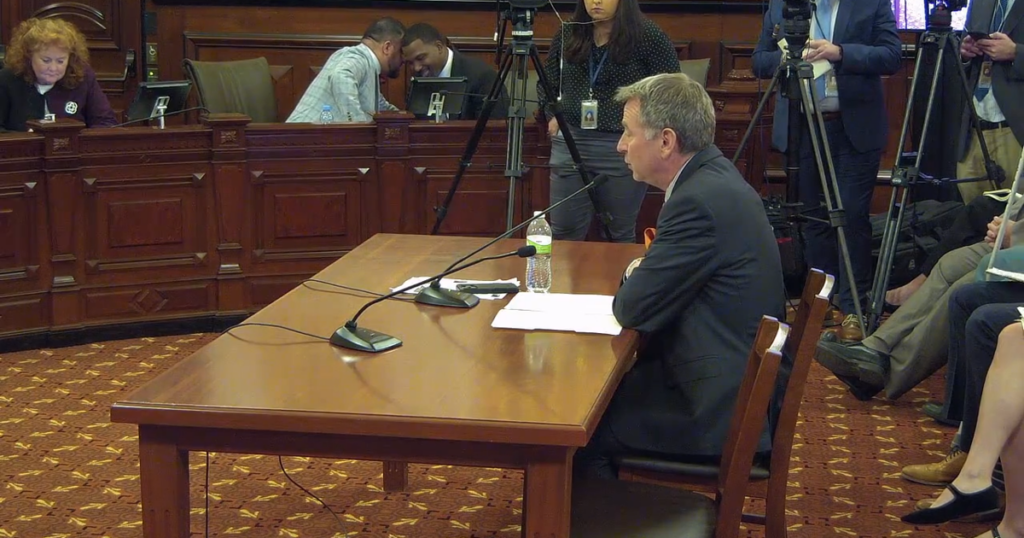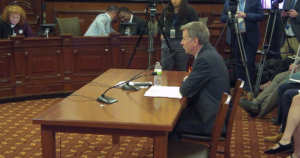
(The Center Square) – Legislation to prohibit carbon capture and sequestration activities near a sole-source aquifer supplying drinking water to over 500,000 residents across 14 counties in Illinois is causing a stir in Springfield.
State Sen. Paul Faraci, D-Champaign, said while federal protections exist for groundwater, concerns remain about the long-term safety of underground storage near the Mahomet Aquifer.
“The Mahomet Aquifer is a lifeline for many residents, and while carbon sequestration can play a role in addressing climate change, we need to ensure it doesn’t put our community’s water at risk,” said Faraci.
Earlier this year, Gov. J.B. Pritzker signed into law a regulatory framework for the development of carbon capture projects in the state.
“We all want to protect the Mahomet Aquifer and we want to make sure that carbon sequestration is something that is good for the state and for the country and the world,” Pritzker said at an unrelated event Wednesday.
During a Senate Executive Committee hearing Wednesday on Faraci’s bill, state Sen. Chapin Rose, R-Mahomet, said if there would be a carbon leak, thousands of Illinoisans would be out of luck.
“The point here is we shouldn’t have any risk because this is the sole source,” said Rose. “There is no other alternative source. You can’t turn on a switch and get water from somewhere else.”
An assessment from the Illinois Geological Survey noted the vulnerability of the aquifer, warning that carbon capture activities would need to be closely monitored to prevent environmental damage.
Senate President Don Harmon, D-Oak Park, urged lawmakers not to jump to conclusions.
“I view this as the beginning of a very critical conversation and I’m glad the surveys are involved,” said Harmon. “I would like to digest this and get even more expert information.”
Archer Daniels Midland’s carbon capture facility in central Illinois was the first permitted commercial carbon sequestration operation in the country, but has experienced two leaks this year.
The measure was held in committee until further notice.





